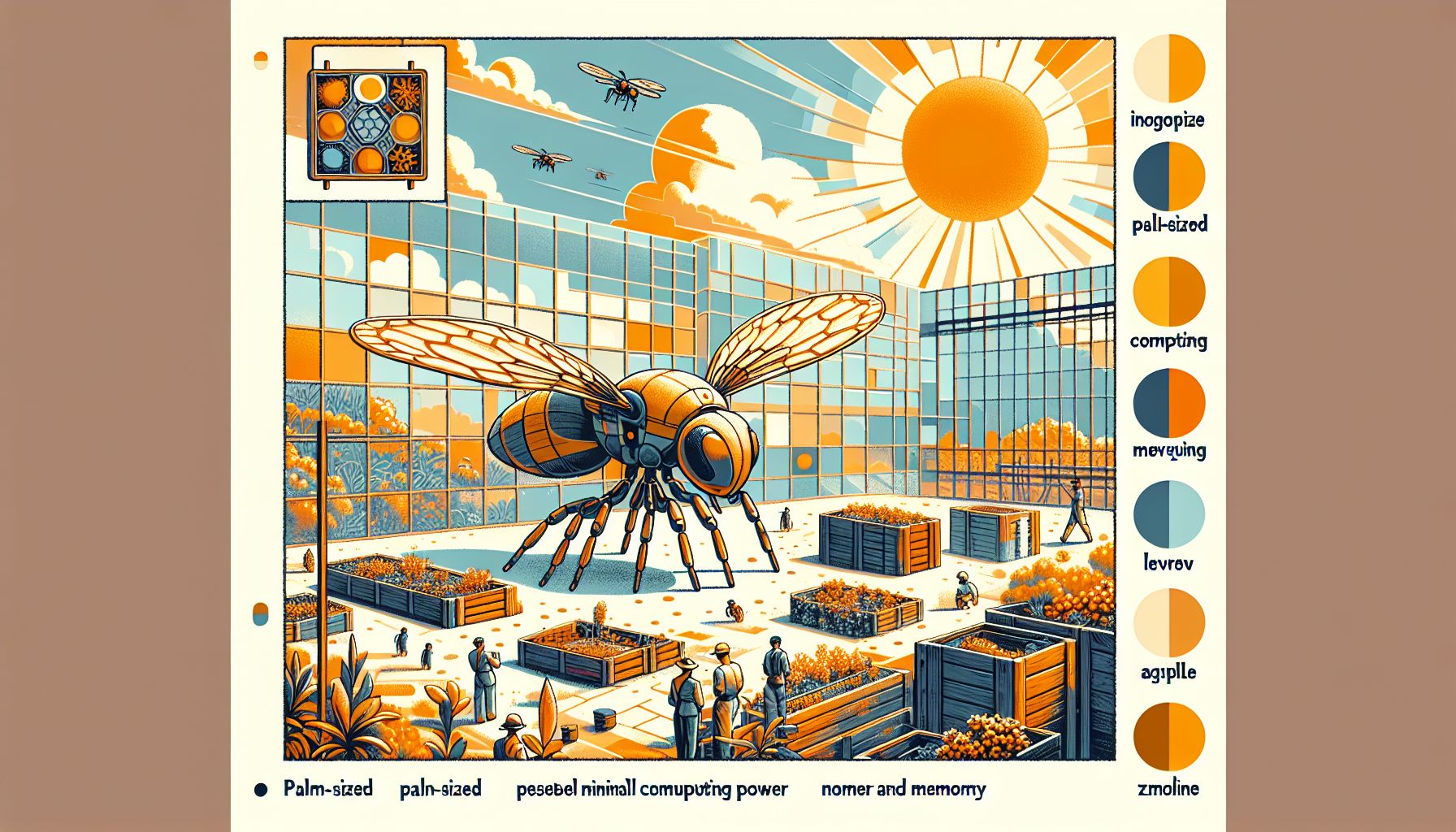TU Delft's Ant-Inspired Drones: A Leap in Micro-Robot Navigation

Delft, Friday, 19 July 2024.
Researchers at TU Delft have developed a groundbreaking navigation system for tiny drones, inspired by ants. Using minimal computing power and memory, these palm-sized drones can autonomously navigate complex environments, potentially revolutionizing industries from warehouse management to agricultural monitoring.
Inspiration from Nature
The innovative navigation system developed by TU Delft researchers is inspired by the remarkable navigational abilities of ants. Ants can traverse long distances and find their way back home by visually recognizing their environment and counting their steps. By mimicking these natural behaviors, the researchers have created a system that allows small drones to autonomously navigate using minimal resources.
How It Works
The navigation system combines odometry and visual memory, enabling the drones to create ‘visual breadcrumbs’ by taking snapshots of their environment at key points along their route. This method allows the drones to navigate back to their starting point with remarkable accuracy. The system was successfully demonstrated using a 56-gram drone equipped with an omnidirectional camera, which navigated distances up to 100 meters using only 1.16 kilobytes of memory[1].
Practical Applications
This breakthrough has significant implications for various industries. In warehouses, for example, these tiny drones could be used for inventory management, flying around to track stock levels and report discrepancies. In agriculture, the drones could monitor crops, detecting pests or diseases early, thereby improving yield and reducing the need for chemical treatments. They could also be deployed in hazardous environments to detect gas leaks or perform search and rescue operations in disaster-stricken areas[2].
The Role of TU Delft
The research was led by Professor Guido de Croon, a specialist in artificial intelligence for drones at TU Delft. This university, located in Delft, Netherlands, has been at the forefront of developing cutting-edge technologies that merge biology and engineering. Their interdisciplinary approach has been instrumental in achieving this breakthrough, highlighting the value of nature-inspired solutions in modern technology[3].
Future Prospects
While the current system allows drones to navigate back to a specific starting point without generating a map, future iterations could enable more complex tasks and be adapted for other small autonomous devices. This could lead to the development of smaller, cheaper, and more energy-efficient robots, further enhancing efficiency and safety in various industries. The potential applications are vast, and ongoing research promises to continuously expand the capabilities of these tiny autonomous drones[4].

